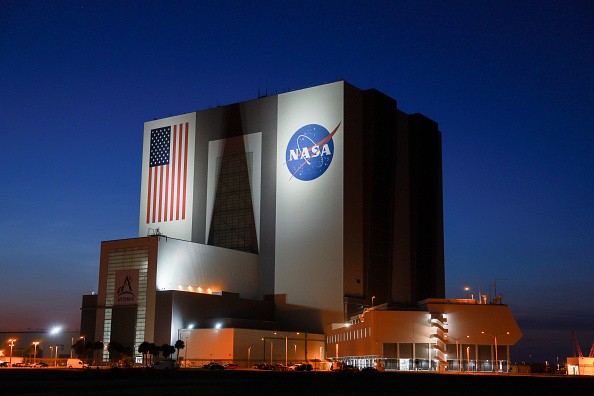
On Monday evening, the launch of Boeing's Starliner capsule to the International Space Station was postponed due to a malfunctioning valve on the Atlas V rocket that would blast it into space.
The launch was canceled two hours before the planned liftoff on Monday and almost one hour after the two NASA astronauts were strapped into the spacecraft.
The postponement, blamed on a problem with a valve in the Atlas V rocket, was disclosed during a live NASA webcast.
"Standing down on tonight's attempt to launch," NASA chief Bill Nelson wrote in a post on X, formerly Twitter.
"As I've said before, @NASA's priority is safety. We go when we're ready."
The problem's duration was not clear immediately, although the launch's next possible windows are Tuesday, Thursday, and Friday nights.
NASA astronauts Butch Wilmore and Suni Williams were scheduled to be transported by Starliner to the International Space Station (ISS), where they were to spend a week before returning to Earth.
Many people have been watching the Starliner's first trip to the International Space Station (ISS) to see if Boeing can compete with SpaceX, led by Elon Musk, for NASA contracts.
NASA gave Boeing and SpaceX multibillion-dollar contracts in 2014 to create space capsules that the agency would use to launch astronauts and cargo into space.
Furthermore, NASA began to move toward public-private partnerships by signing these contracts with the end of the space shuttle program.
After a failed attempt three years earlier, Starliner made its first uncrewed flight to the International Space Station (ISS) in 2022.
The cancellation of Monday's launch is challenging for Boeing as it faces multiple investigations into alleged safety violations at its aviation division.
© 2026 HNGN, All rights reserved. Do not reproduce without permission.








